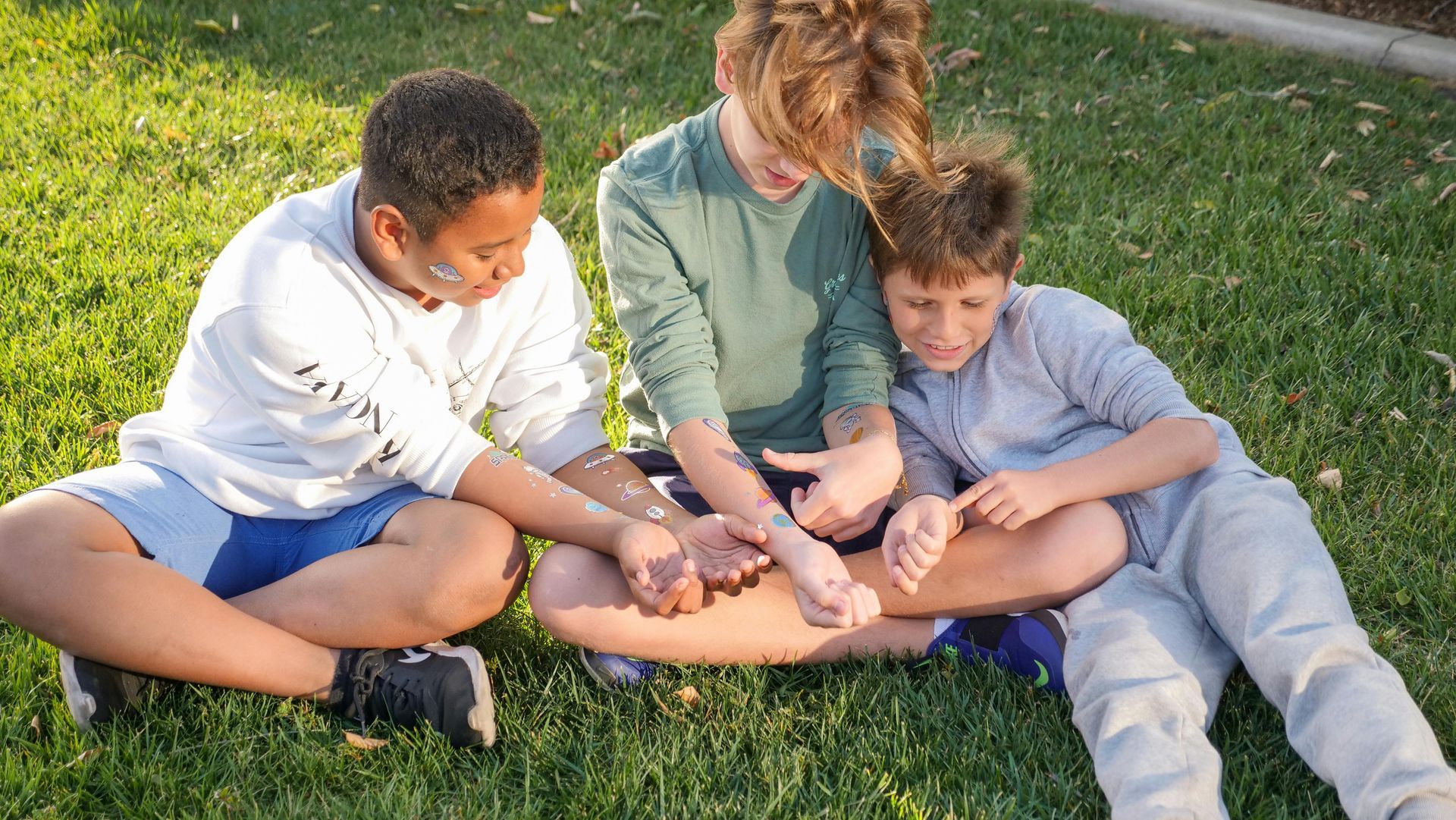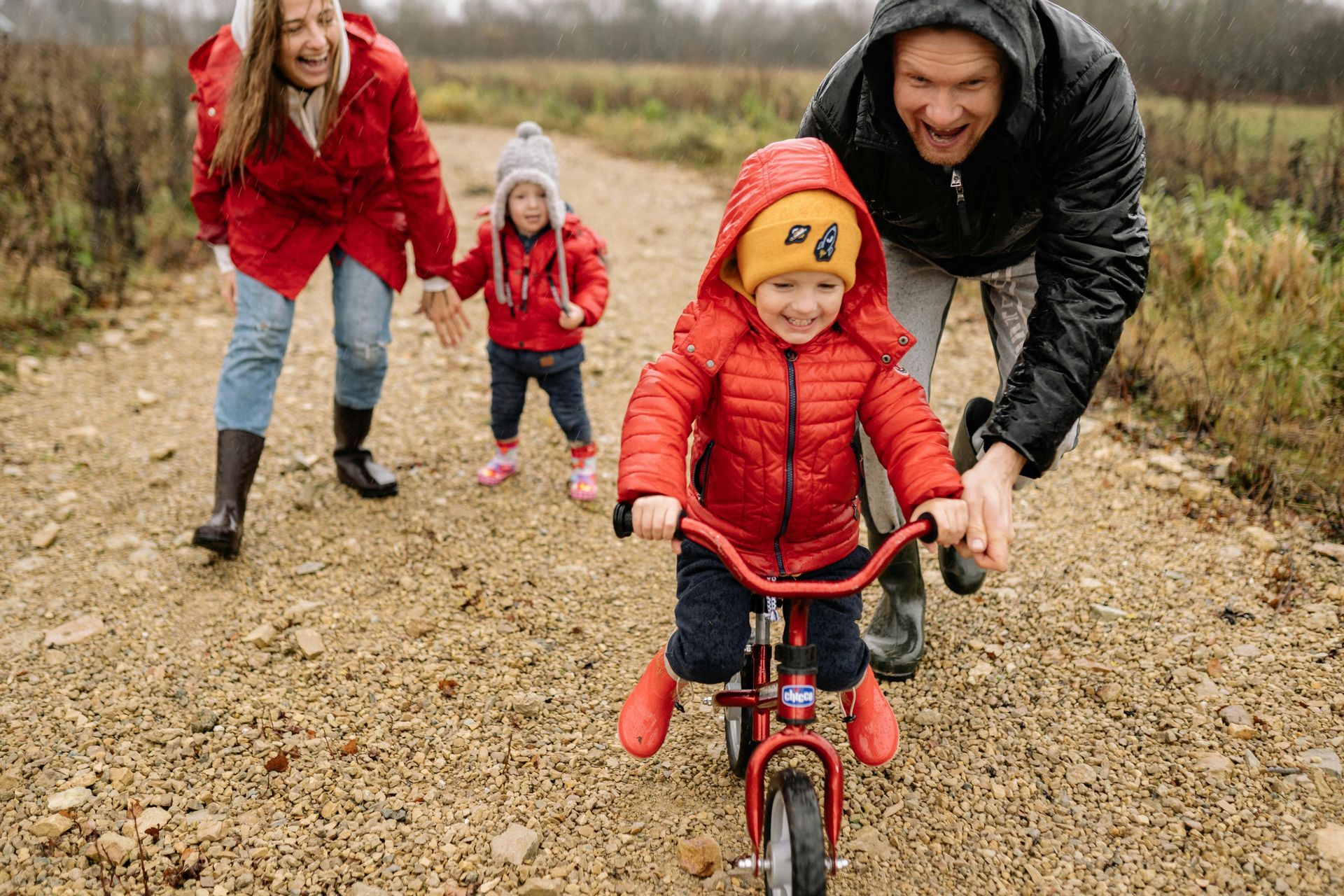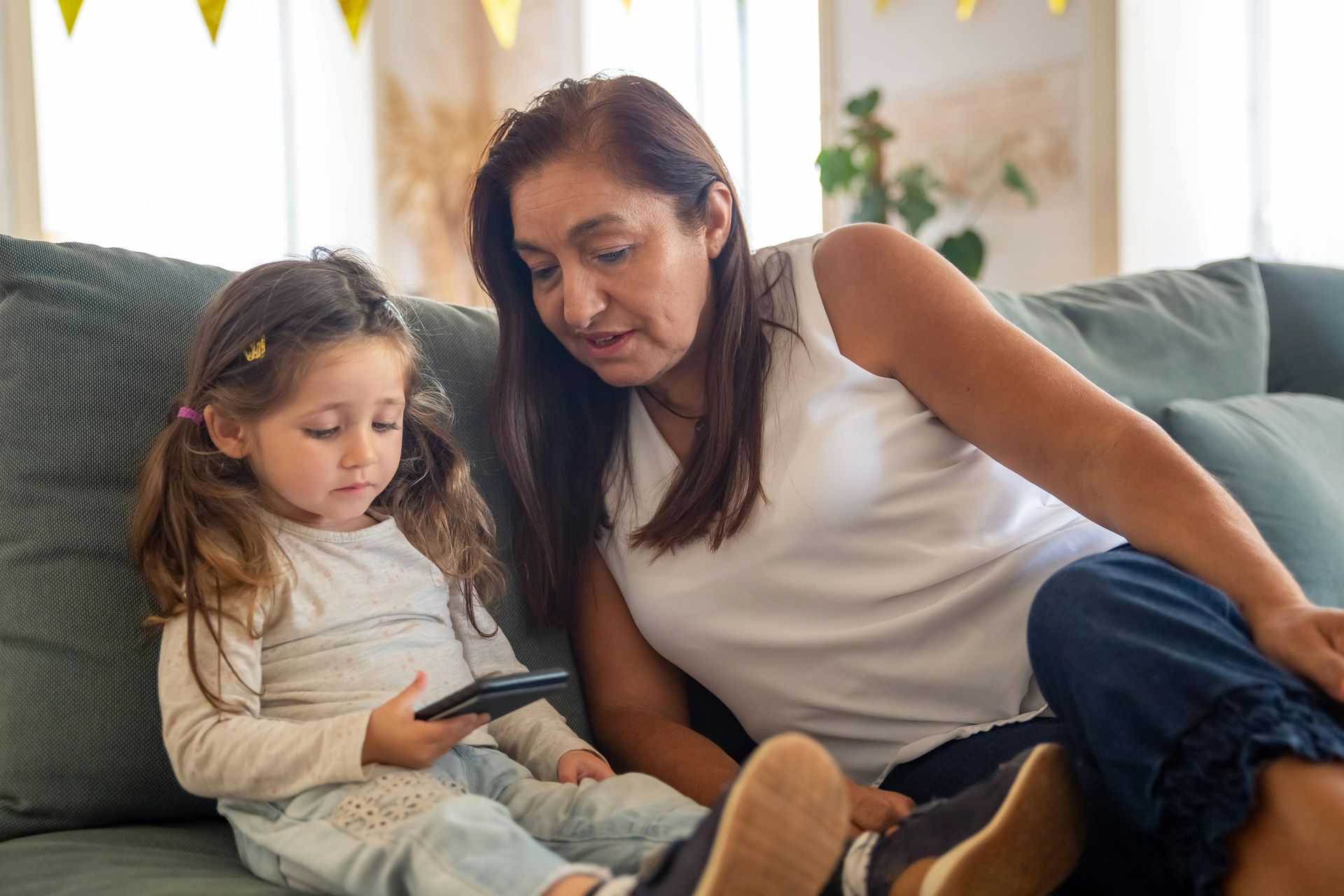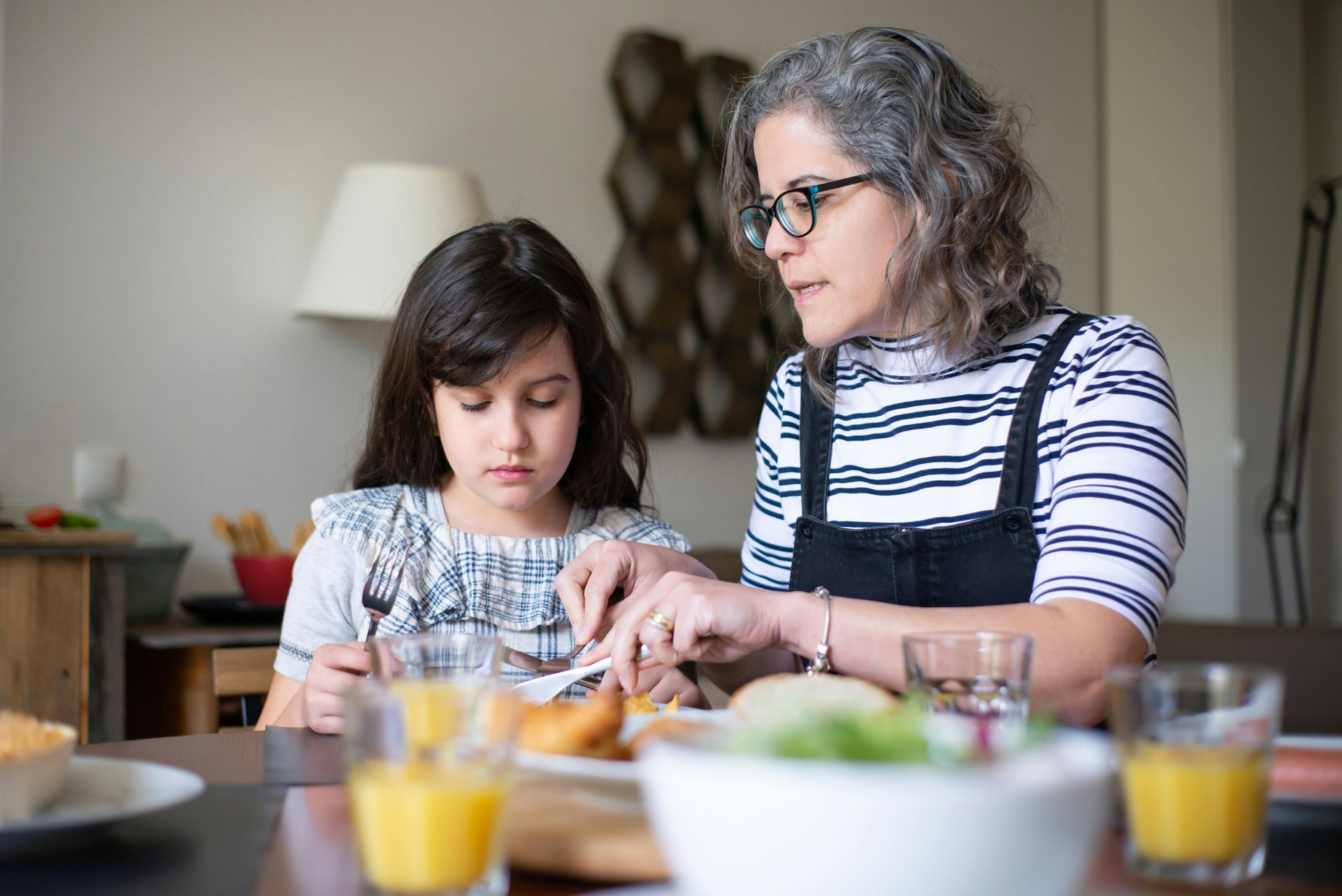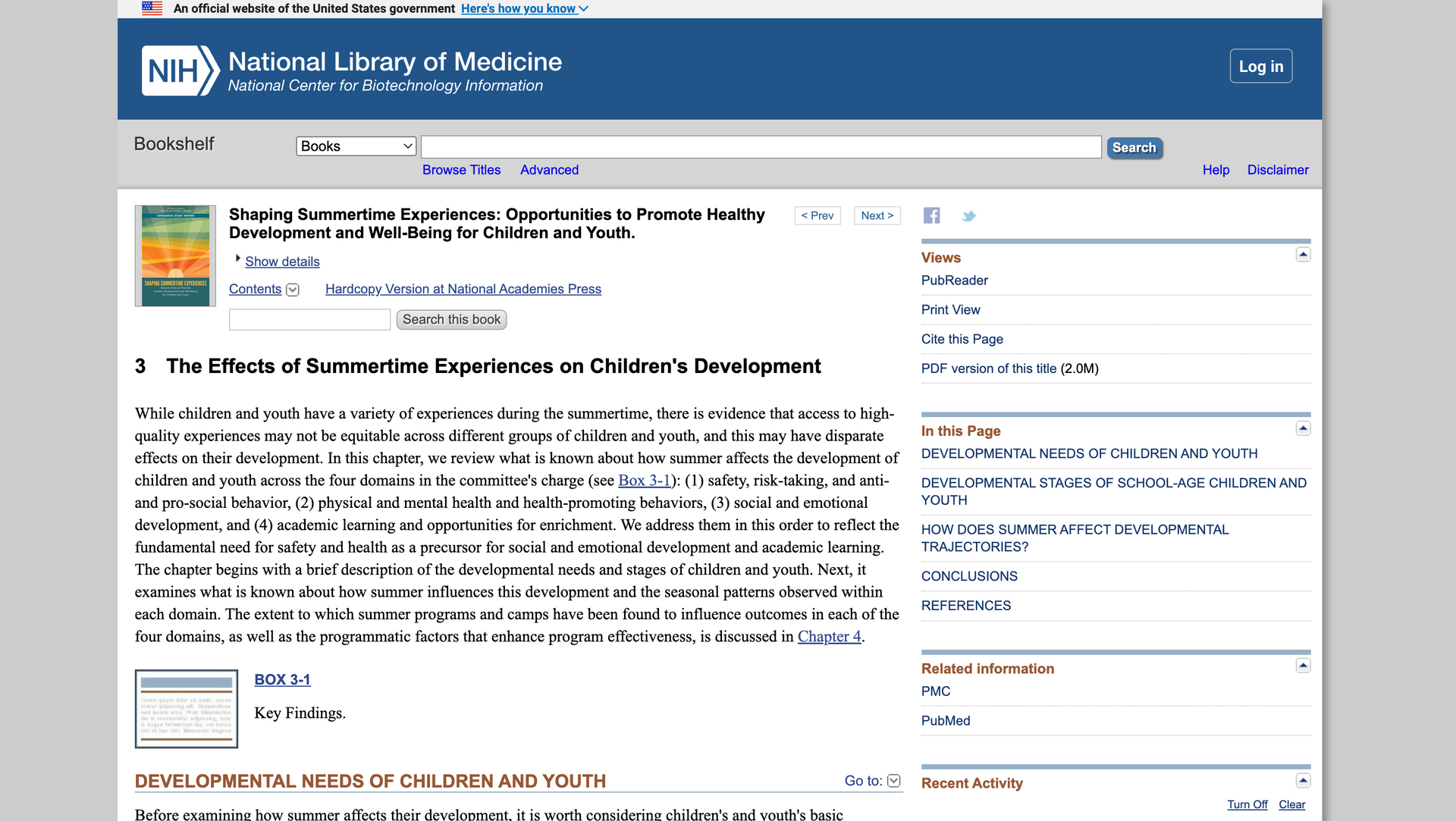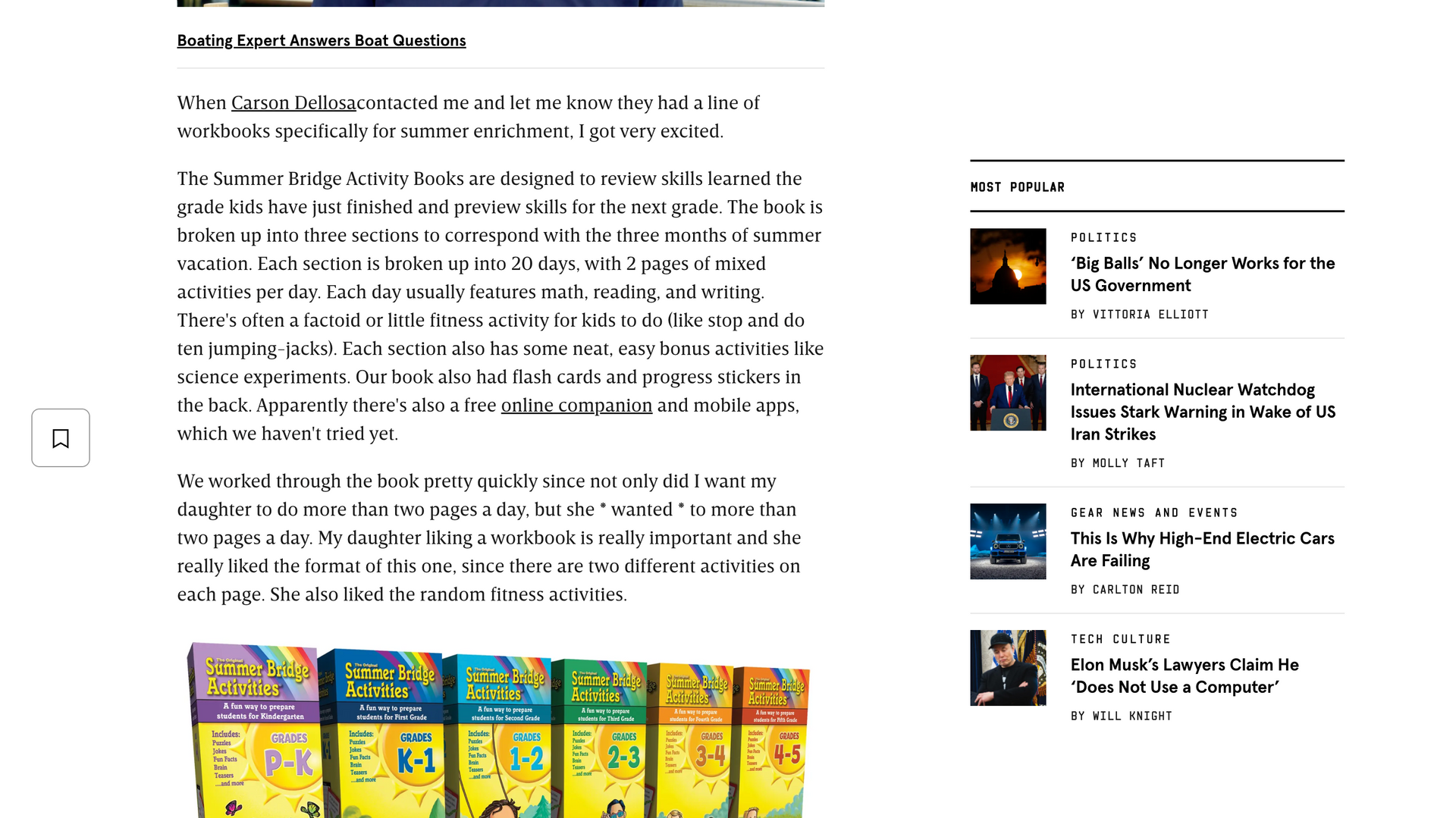Everyday Learning: Turning Summer Errands Into Learning Moments
Summer break doesn’t have to mean a break from learning. In fact, some of the best learning moments happen outside the classroom, on a walk, in the grocery store, or while helping with dinner.
At Society of Care, we believe every caregiver is also a teacher. And the good news is: you don’t need lesson plans, apps, or fancy supplies to keep kids learning. You just need a little creativity and connection.
Here’s how you can turn everyday errands and routines into rich learning experiences for children of all ages.
1. Math at the Grocery Store
Invite your child to help build the shopping list, estimate prices, compare products, and even weigh produce. Older kids can practice budgeting or unit pricing; younger ones can count fruits or find shapes and colors.
Learning boost: Numbers, problem-solving, critical thinking
2. Storytelling in the Car
Whether it’s a five-minute ride or a longer errand, the car is a great place to build language skills. Take turns telling stories, spotting things out the window (“I spy…”), or asking open-ended questions like, “What do you think that sign means?”
Learning boost: Language, creativity, memory, inference
3. Cooking Equals Chemistry + Culture
Invite kids into the kitchen to help measure, mix, and prepare meals. This teaches fractions, following directions, and cause-and-effect—but also offers chances to talk about your family’s culture and traditions.
Learning boost: Math, science, motor skills, cultural literacy
4. Paying and Planning
Let your child help pay at the register, scan items at self-checkout, or plan out errands. This builds confidence and a sense of responsibility—and introduces concepts like saving, spending, and planning ahead.
Learning boost: Financial literacy, independence, sequencing
5. Chores That Teach
Even simple chores like sorting laundry, setting the table, or organizing a room teach categorizing, responsibility, and following multi-step directions. Pair tasks with upbeat music to make it fun.
Learning boost: Executive function, sorting, routine-building
6. Observation Walks
Take a short walk around the block or through a store and challenge your child to observe and describe 5 new things. What do they see, hear, or smell? What changes each week?
Learning boost: Sensory awareness, vocabulary, environmental literacy
It’s Not About “Doing More”—It’s About Seeing More
You don’t need more time to support your child’s learning. You just need to notice the moments you’re already sharing. Children learn best through connection, curiosity, and play. And you’re already giving them that.
This summer, let learning happen where life is happening.
Looking for more simple, supportive tools for the loved ones in your care? Enjoy these additional resources and explore our blog for ideas that help you nurture connection, one moment at a time. Or, Join our mailing list where we share more resources that accompany our blog posts.
Join Our Mailing List
